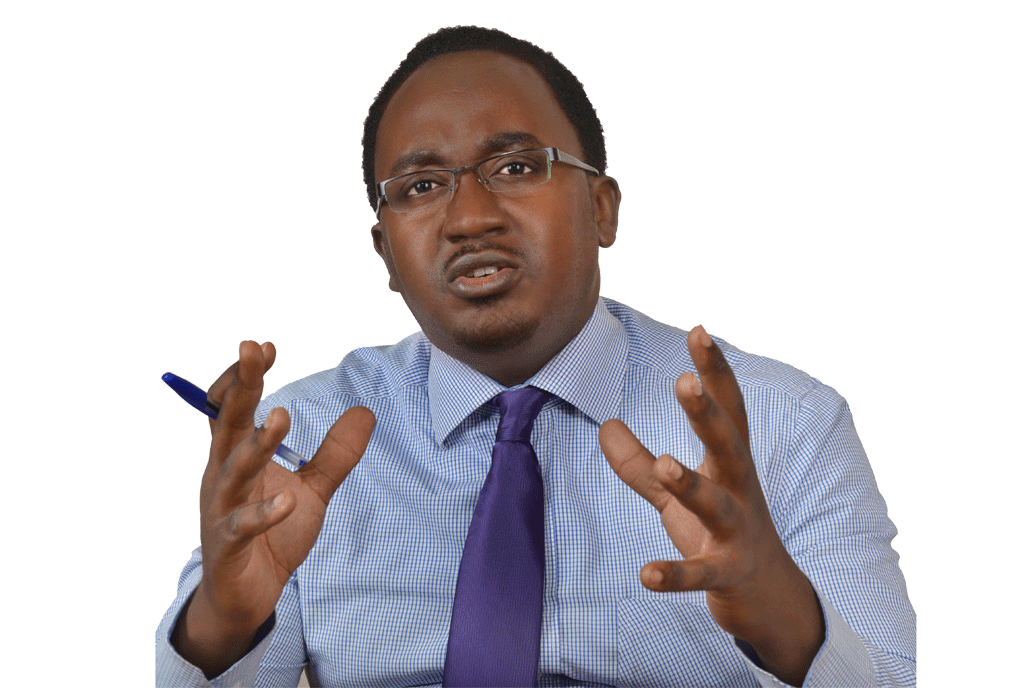Prime
Navigating shifting tides of poll dynamics

Author: Crispin Kaheru. PHOTO/FILE
What you need to know:
- Elections will only thrive when conducted with the firm commitment to integrity.
Elections, by their very nature, are inherently competitive. Reflecting on the historical trajectory, we have traversed a significant path from the inception of many African nations as one-party states post-Independence. Dominant political entities such as Kenya African National Union (KANU) in Kenya, Uganda Peoples Congress (UPC) in Uganda, and Tanganyika African National Union (TANU) in Tanzania characterised this era.
However, the 1990s and early 2000s witnessed a seismic shift as nations recommitted to the ideals of multi-party democracy. This shift, initially manifesting as a binary two-party system, marked a crucial turning point in the political landscape.
In Uganda, for instance, you had the ruling National Resistance Movement (NRM) party versus Opposition Forum for Democratic Change (FDC) party at the dawn of the ‘re-opening up’ of the political space in 2005/6. In Tanzania, it was Chama Cha Mapinduzi (CCM) versus Chadema. In Nigeria, it was All Progressives Congress (APC) and Peoples Democratic Party (PDP).
In contemporary times, the political spectrum has undergone further transformation. No longer confined to a binary choice, nations grapple with a diverse political environment, exemplified by Uganda’s political landscape. Take, for example, the political arena in Uganda encompasses the ruling National Resistance Movement (NRM), the Opposition National Unity Platform (NUP), Forum for Democratic Change (FDC), and notably, a substantial bloc of Independents vying for elective positions.
However, the increase in political diversity has presented its own array of challenges. The intensified competition has cultivated a culture of detrimental rivalry, where political entities pursue victory at any cost.
Increasingly, the means of securing an electoral win seem to carry less significance – be it through dishonest practices, theft, violence, or even resorting to supernatural methods or religious places.
The ruthless nature of this competition is evident in the substantial increase in electoral petitions. Following the 2021 General Election alone, the Judiciary documented 104 petitions challenging the parliamentary elections and 49 petitions related to the Local Government elections, underscoring the imperative to address threats to electoral integrity.
To confront these challenges effectively, our focus must encompass two crucial aspects: the unregulated expansion of the electoral competition arena and the lack of a corresponding regulatory framework for stakeholders’ behaviour within this space.
The broadening of the electoral competition arena poses a dual challenge. On one hand, it promotes inclusivity, allowing various individuals to participate in the political process.
On the other hand, the indiscriminate lowering of the threshold for political participation raises concerns about the quality of political leadership. Therefore, striking a balance between universalising elections and ensuring the competency of candidates becomes paramount.
The fusion of elections with violence and radicalisation presents a substantial threat to the credibility of these democratic processes. Frequently, elections become tainted by physical confrontations, intimidation, and coercion.
Building a resilient democracy requires a civically competent citizenry capable of resisting manipulation and coercion.
Addressing these challenges requires a holistic approach though.
First, fostering a civically enlightened and engaged citizenry is imperative to consistently challenge impunity in elections without fear.
Second, having robust laws alone is not sufficient enough to guarantee credible, free, and fair elections. We need credible state and non-state institutions dedicated to safeguarding and upholding citizens’ voting rights.
Third, the mission of building an enduring culture of democracy can only be achieved when citizens engage in productive economic activities and secure their personal financial freedom.
Lastly, elections, fundamentally a human endeavour, will only thrive when conducted with the firm commitment to integrity.
In conclusion, the evolving dynamics of electoral processes require adaptive governance. Navigating these shifting tides demands a delicate balance between inclusivity and the maintenance of certain good governance principles and traditions.
Crispin Kaheru is a member of the Uganda Human Rights Commission (UHRC)




